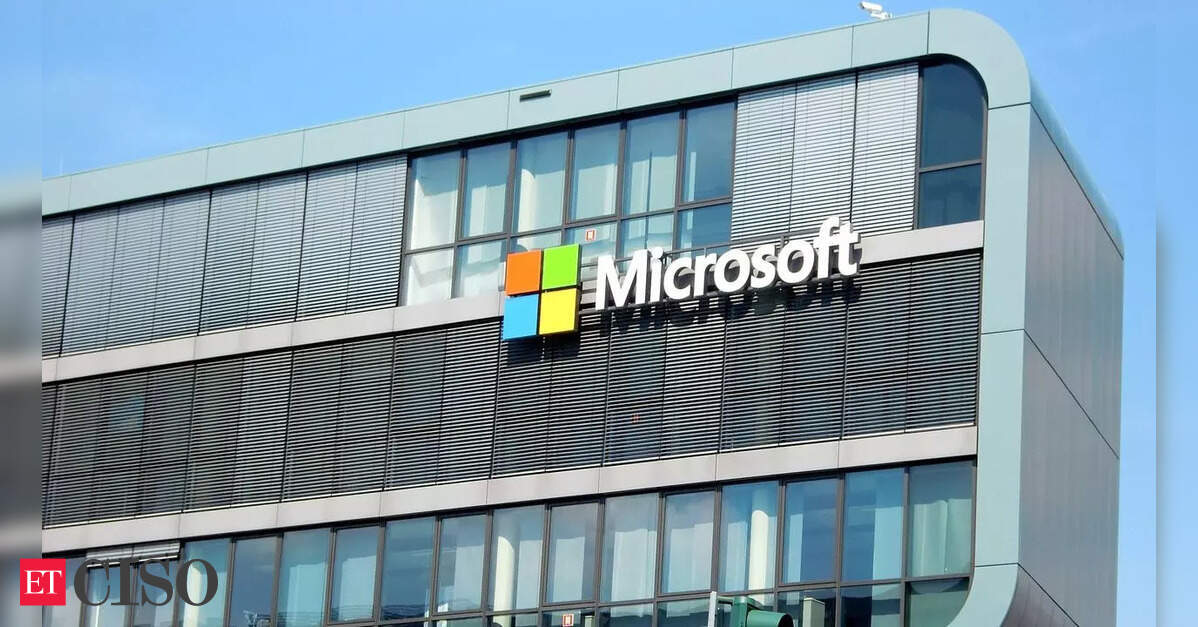Introduction to IntrCity SmartBus
IntrCity SmartBus, a tech-enabled intercity bus platform in India, has successfully raised $30 million in funding to expand its network across smaller cities and towns in the South Asian nation. The all-equity Series D round, led by A91 Partners, values the Noida-based startup at $140 million post-money.
Growing Demand for Intercity Travel
Intercity travel is accelerating in India as more people migrate from smaller towns to metropolitan cities for work and education. To meet this demand, New Delhi has significantly expanded the country’s highway infrastructure. The national highway network has increased by over 60% in the past decade, from 56,723 miles to 90,847 miles, according to Indian government data.
Challenges in Railways and State-Run Bus Services
Railways, while extensive, remain capacity-constrained and cannot keep pace with rising inter-state travel demand. That makes long-distance road travel a crucial alternative. Yet, state-run intercity bus services are limited and often fall short on reliability and comfort — a gap IntrCity SmartBus aims to fill.
Unique Operational Model
Unlike traditional operators, IntrCity SmartBus runs on an asset-light model by partnering with local bus owners and equipping their vehicles with proprietary hardware for real-time tracking, co-founder and president Kapil Raizada said in an interview. The startup also centralizes ticket booking and route planning through its digital platform, which helps determine service frequency, pickup points, boarding stations, and even seat configurations based on demand.
Ensuring Safety and Consistency
To ensure safety and consistency, IntrCity places trained personnel — called “captains” — on board each bus, Raizada told TechCrunch. Most vehicles feature washrooms, and the company has also set up air-conditioned boarding lounges staffed with crew to improve the pre-departure experience. “All our buses are cloud-connected,” he noted. “There is a bus operating system, which we have built up in-house, which monitors and manages a lot of parameters, including the CCTV, sound, and temperature levels.”
History and Revenue Growth
Founded in 2019, IntrCity SmartBus began as an online train ticketing platform under the RailYatri brand. That entry point gave the team early insights into intercity travel behavior and unmet demand in road-based mobility, Raizada said. Today, RailYatri contributes just around 10% of the startup’s total revenue, while the SmartBus business accounts for the remaining 90%, he added. IntrCity SmartBus grew its revenue by 67% year-over-year to ₹5 billion (approximately $57 million) in the last fiscal year. The startup projects revenue to surpass ₹7 billion (around $79 million) in the current year.
Operations and Network
IntrCity SmartBus operates around 600 daily bus trips, transporting between 20,000 and 25,000 passengers each day — nearly 700,000 per month. The platform works with more than 50 local bus operators and runs trips averaging over 311 miles each. About 95% of its services are overnight, catering primarily to non-discretionary travel needs such as work, education, or essential appointments. The startup’s typical passengers are between 20 and 45 years old, including small business owners, trainers, government officials, sales professionals, and students.
Expansion Plans and Competition
The startup follows a hub-and-spoke model and has identified 15 to 16 key economic hubs across India. It operates in 13 to 14 of these hubs, spanning 15 states. With the latest funding, the startup plans to go “deeper and wider” through the country and enhance customer experience and safety, as well as upgrade its fleet management technology. Alongside IntrCity SmartBus, India is seeing a wave of new-age intercity bus startups such as ZingBus, LeafyBus, and FreshBus. European giant FlixBus also entered the Indian market early last year, signaling growing traction in the space. Still, IntrCity views competition as secondary to execution. “India is a very different beast when it comes to road travel. If something is going to go wrong, it will go wrong,” Rathi said. “We’re not a network-first company. We’re an operational-excellence-first company.”
[ad_2]Source Link





